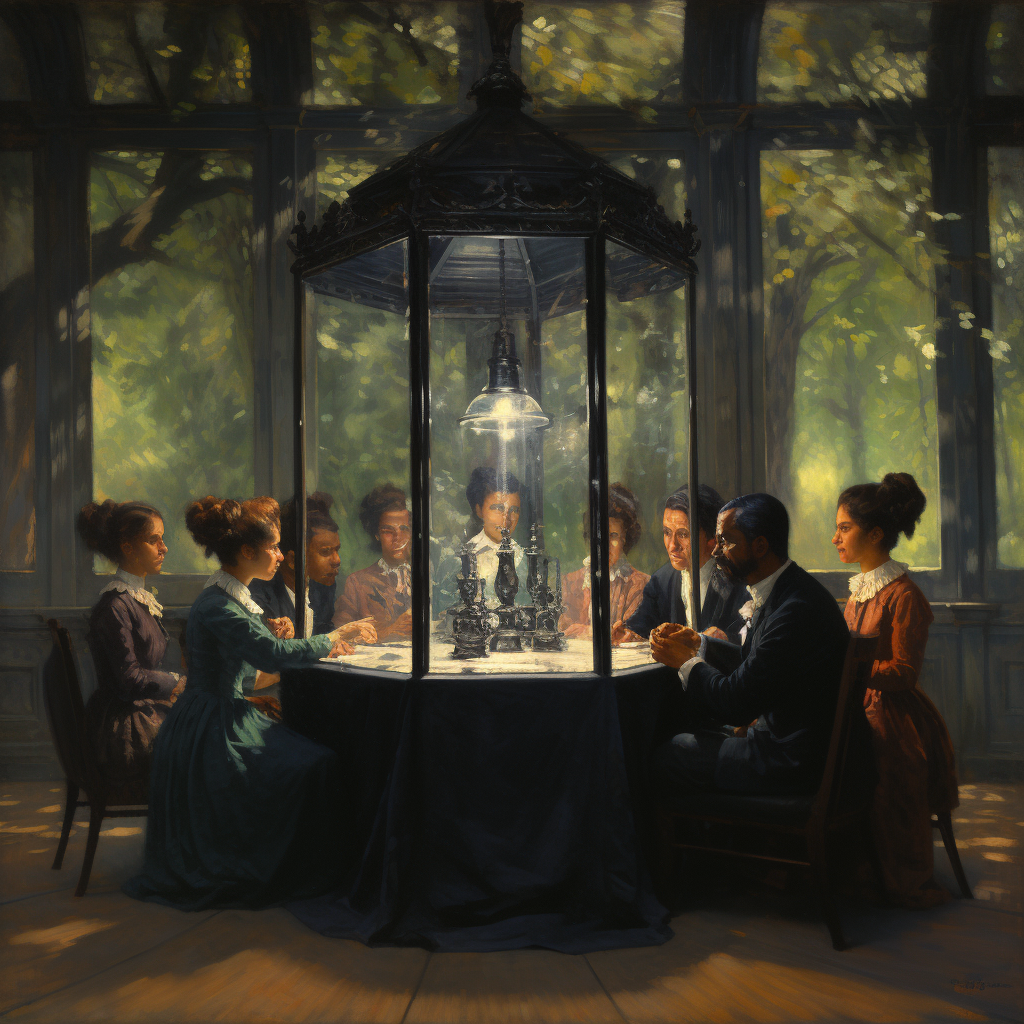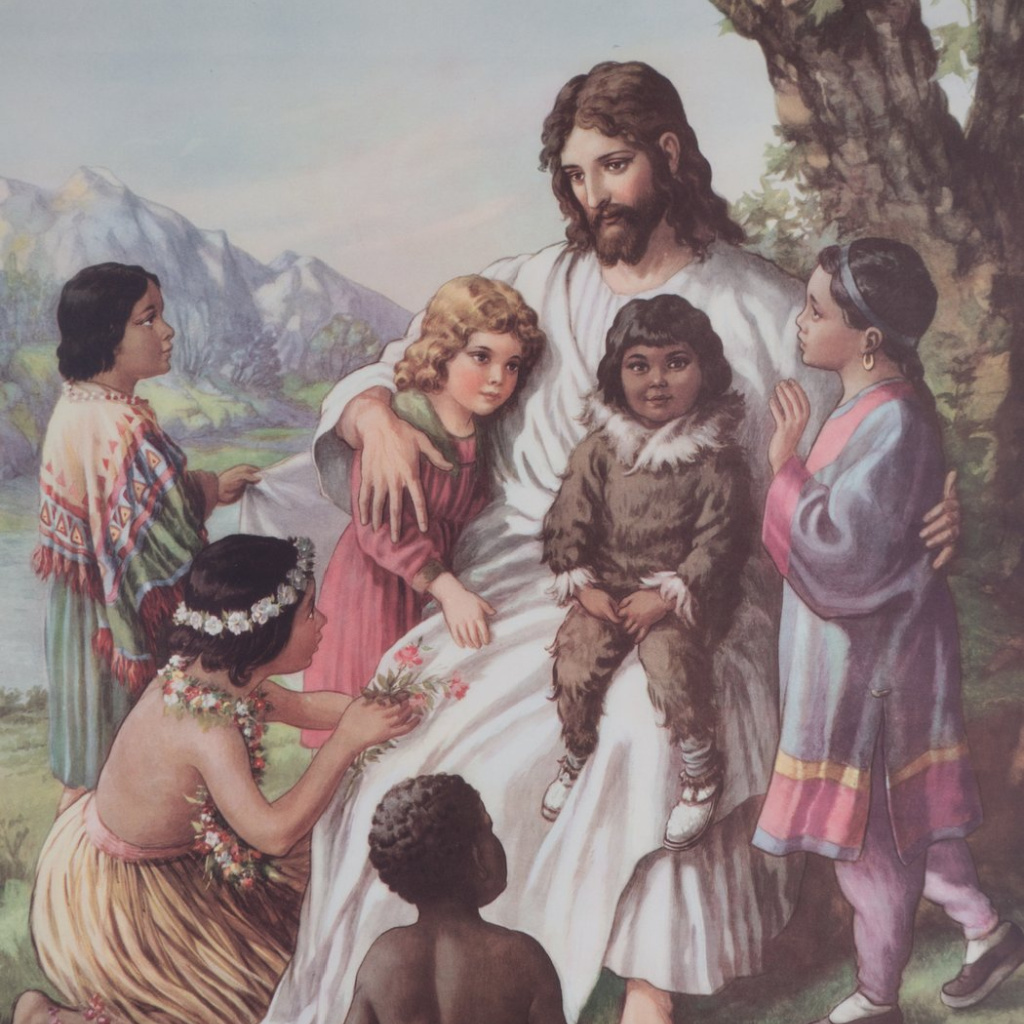The Utah Marriage Commission is housed under the same roof as Healthy Relationships Utah in an old cottage just off the Utah State University campus. Their co-residence in the modest home office intentionally reflects the close partnership between HRU and UMC, although they are distinct organizational entities. I retired last summer after 33 years at BYU to take on the role of the day-to-day manager of UMC. I work closely with Dr. David Schramm, USU associate professor and family life extension specialist, who is the faculty director of the UMC and the primary liaison between USU and UMC. He came to USU from the University of Missouri where he directed the ShowMe Healthy Relationship program funded by a multi-million-dollar federal grant.
Online Platform for Service Delivery
UMC emphasizes easily accessible, brief educational services or what I call “micro-interventions.” Most of these services are delivered via their digital platform, StrongerMarriage.org. This includes podcasts, webinars, blogs, YouTube channel videos, online programs, and downloadable guidebooks to reach a busy contemporary audience of digital natives. The focus of these micro-interventions is more squarely on helping couples form and sustain healthy marriages and relationships. UMC services are best thought of as preventative.
The StrongerMarriage Connection podcasts are a new service since 2022 that provides “tips and tools, research and resources, to strengthen relationships.” Podcast #4 featured David Schramm (“Dr. Dave”) and marriage and family therapist Dr. Liz Hale (Dr. Liz) talking about four keys to a happy marriage: “search inward” (get your own heart right, work on a healthy self); “turn outward” (express gratitude, be kind, be attentive); “look up” (have a vision for the relationship, cultivate hope, seek help for the relationship when needed); and “press forward” (stay committed, be loyal, power through the inevitable rough spots). These principles come from the positive psychology movement that emphasizes character strengths rather than pathology and are backed by good research, including some work by Dr. Dave himself. The professionally produced podcast has an upbeat vibe to it that kept me listening and smiling. I also listened to podcast #2, where Dr. Dave and Dr. Liz interviewed University of Minnesota professor Dr. Bill Doherty, one of the most influential, innovative relationship practitioner-scholars in the world. In the podcast, Doherty was engaging as he talked about the mistakes that marriage counselors sometimes make which can undermine marital commitment, and by extension, how couples can avoid those counselors. But I really zoned in when he started talking about the need for couples to be more intentional about their relationship. Doherty lives near the headwaters of the Mississippi River and likes to employ this analogy: if you get in a canoe and don’t paddle, you are pulled slowly south by the current to the Gulf of Mexico. The overall point is that you have to paddle in your marriage, or you will drift south.
UMC services are best thought of as preventative. A prime example of this is free vouchers for Utah engaged couples to take the extensively researched ePREP program for strengthening couple relationships. ePREP is a brief, online version of the most researched couple relationship education program in the world, PREP, run by scholar-practitioners out of the University of Denver’s Center for Marital and Family Studies. UMC successfully supported legislation in 2018 to provide engaged couples who invest in premarital education a discount on their marriage license. Engaged couples who take the online ePREP course (or other approved courses) can get a discount on their marriage license. It’s our way of saying “thanks” for investing upfront in the quality of your marriage.
Additionally, Utah couples can take two of the most researched relationship inventories in the world, READY and RELATE, for free. Developed at Brigham Young University over a 30-year period, these online instruments ask partners hundreds of questions about themselves, their personal histories, and their relationship, all of which are empirically linked to successful marriages. The READY assessment guides individuals in evaluating their personal readiness for a serious relationship and the RELATE assessment assists couples to gain a better understanding of dynamics within their relationship. When both partners have answered the questions, they get a detailed report of their relationship strengths and potential problem areas that could spark meaningful conversations. Some couples use the feedback in conjunction with pre-marital or marriage counseling as a way to work on their relationship. UMC’s services are for all income brackets and types of relationships.
Strategic Collaborations
Given such a Himalayan (or should I say Timpanogos) vision, UMC needs to build strategic collaborations with other organizations across the state. For instance, the Commission is weaving ties with Governor Spencer Cox’s new Office of Families that “aims to support Utah families through proactive rather than reactive strategies and policies.” Governor Cox said in his 2022 state-of-the-state address that strong marriages and families is one of the secret ingredients to Utah’s success and wants a more direct coordination of all Utah policies intended to help families succeed. UMC is also nurturing a fruitful relationship with the Utah Association for Marriage and Family Therapy, a group of 500+ trained counselors that work daily with Utah couples. With four formal MFT training programs in the state, Utah may have more well-trained MFTs per capita than any other state in the union. UMC also partners with the County Clerk Offices scattered throughout Utah to provide a printed “Marriage Handbook” to couples getting their marriage license.

History of the Utah Marriage Commission
Although it has always been a governor-appointed commission, the UMC has encountered a few host transitions in its nearly quarter of a century history. Birthed and housed within the Utah Governor’s Office by then first-lady Jacalyn Leavitt with the support of her husband, former Governor Michael Leavitt, the UMC was transferred to the Department of Workforce Services (DWS) when former-Governor Jon Huntsman took office in 2004. Mrs. Leavitt, who remains an Honorary Chair of the Commission, helped facilitate the transition to DWS, where a surplus of federal TANF (Temporary Assistance to Needy Families) funds earmarked for the purpose of strengthening two-parent families provided a fruitful opportunity for the Commission to fulfill its objectives. However, after a number of years, a shift in priorities and focus within DWS created a precarious predicament for the Commission which found itself on the verge of being homeless. Fortunately, in 2013, the Utah legislature intervened, formally placed the Commission in statute, and moved host stewardship to the Department of Human Services (DHS). With its mission of providing services aimed at helping individuals and families thrive, DHS seemed a natural fit for the UMC. Despite similar goals, differences in approach (prevention vs. intervention) and focus (couples vs child/family) hindered a fully synergetic UMC-DHS relationship. So the current UMC chair, Rep. Melissa Ballard, courted Dr. Brian Higginbotham, professor and associate vice president for Extension at USU, finding an eager adoptive parent for the Commission. The mission of USU Cooperative Extension is to take the research to the people and translate it for practical application, which aligns well with UMC’s work. Higginbotham served previously on UMC and understood the mission.
Since 1998, the Commission has operated primarily on funds from the federal TANF program that comes to the state every year from Washington, D.C., as a block grant. The formal legislative purposes of TANF emphasize employment and strengthening marriages and two-parent families. A set of marriage scholars, practitioners, and other professionals from across Utah direct the Commission’s funding. UMC currently includes five Utah legislators representing both political parties. UMC currently includes five Utah legislators representing both political parties.
Comparing Utah’s Efforts to Other State Initiatives
Over the last 25 years, several other states have tried to integrate marriage-strengthening policies into state government. But a few failed to launch, and a few others were short-lived. A new Kansas initiative was quickly attacked in the media and was quietly disbanded within a year. An initiative in Florida did not survive a political transition and the Texas initiative collapsed in the Great Recession and was never revived. In the late 1990s, then-governor of Oklahoma, Frank Keating, formed the Oklahoma Marriage Initiative and hired a public relations firm, Public Strategies, to run the initiative under the direction of the OK Department of Human Services. For more than a decade, the Oklahoma Marriage Initiative was the premier model for a state public-private partnership to provide relationship education services to the state, eventually reaching hundreds of thousands of Oklahomans. But it too collapsed when oil tax revenue tanked during the Great Recession. Public Strategies still runs impressive programs for low-income new parents and co-parents in Oklahoma City funded by federal grants, and it cooperates with state agencies to provide services. However, there is no formal state-level entity in Oklahoma that coordinates and supports relationship-strengthening education. A few states, such as Alabama and California, have federally funded initiatives that reach across the state to provide relationship education services. Healthy Relationships California has been especially effective in reaching a large number of Spanish-speaking families in the state but does not have a formal relationship with the state government. The Alabama Healthy Marriage and Relationship Education initiative, like Healthy Relationships Utah, is located within the state’s Cooperative Extension Service at Auburn University, but it is not officially in statute.
Utah is unique among states in supporting for nearly 25 years a state-level public policy effort that provides relationship education services to its citizens. Additionally, it is an initiative that now appears to have a model for financially sustaining the operation and continues an ongoing relationship with the legislature. The UMC has been resilient, persevering through early growing pains, and is now under new management. It is also integrated with Healthy Relationships Utah with its broader mission of strengthening families, supported by state and federal grants. While time will tell how effective this new union will be, I and other observers are confident that the Commission is just now hitting its stride as it begins to celebrate its silver anniversary, anticipating its best days in the decade ahead.
Looking Forward
The public policy path has been a winding path with a slow pace. There are still potential potholes and barricades UMC could face in looking to the future. Legislative priorities can change and not all officials support government funds being allocated for family life education services. Libertarian Republicans and Progressive Democrats often distrust these efforts, although for distinctly different reasons. I worry even more about these initiatives becoming collateral damage in never-ending, always-expanding culture wars or drowning in the unintended undertow of important diversity and inclusion policies and politics. Still, I’m optimistic, believing that UMC can give families the knowledge and skills they need to improve their relationships for decades to come.

















